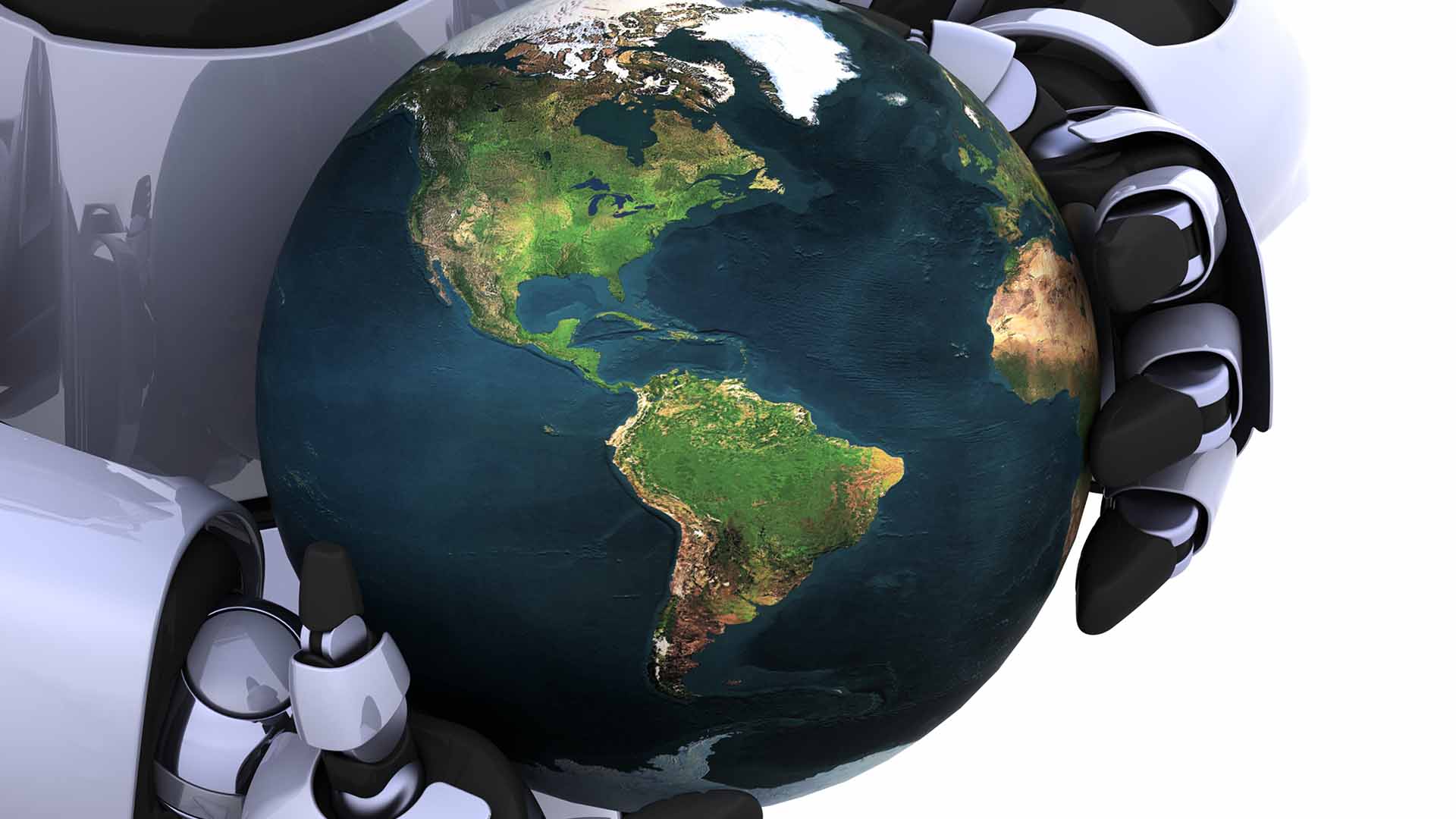
AI: Unlimited Potential or Ethical Slippery Slope?
AI: Unlimited Potential or Ethical Slippery Slope?

As artificial intelligence becomes more and more ubiquitous, questions are being raised about how to ensure it is developed and deployed in a socially responsible manner.
It is becoming a widely acknowledged fact that artificial intelligence (AI) has the potential to completely revolutionize our world—from business to healthcare to national security and many areas in between. But as with most game-changing technological developments, the advent of The Age of AI also raises hard-to-answer ethical questions.
Critics have pointed to problem areas ranging from privacy, security, racial bias, and lack of transparency, to questions about responsibility and accountability, and more. NYU is now home to the AI Now Institute, which was created solely as an “interdisciplinary research center dedicated to understanding the social implications of artificial intelligence.”[1]
There have been examples of tech employees quitting project teams—and even their jobs—when they became concerned about how their work could ultimately be deployed. Last year Microsoft employees circulated a petition calling on the company to stop its AI work with Immigration and Customs Enforcement. Around the same time Google employees voiced ethical concerns about a particular Defense Department project—and students at MIT and Stanford said they would refuse to interview with Google if its involvement continued[2]—leading the company to decide not to renew its contract, and not to pursue an additional multibillion-dollar project.[3] The New York Times points to author and University of Washington computer science professor Pedro Domingo’s comments that stories like these “speak to the newfound power of employees.”[4]

Enterprises involved in the development of AI have struggled to balance the bottom line, confidentiality, and trade secrets with these new demands for complete transparency. TheTimes recently reported that companies—from Microsoft and Google to smaller tech start-ups—have begun responding to concerns about the potential for less-than-noble applications of the technology.[5]
One step has been the development of corporate principles intended to ensure technologies are created and applied in above-board ways. (For example, see Google’s here.) Ethics officers and/or review boards have been established by some to oversee these principles.[6] But skeptics question just how long this commitment will last, and if (or perhaps when) “idealism will bow to financial pressure,”[7] as the Times wondered. Taking things a step further, it has been argued by some critics that the only way to ensure A.I. ethics is through government regulation—a notion that even some companies seem to agree with, despite industry’s typical reticence to embrace bureaucratic involvement.
It remains to be seen how the ongoing ethics debate will shape the Age of AI. Will innovation, profit, transparency, and employees’ moral codes be able to peacefully (and productively) coexist? The jury’s still out, but one fact is clear: Companies at the forefront of AI must act quickly to figure it out.
[1]The AI Now Institute, New York University. https://ainowinstitute.org/
[2]Kate Conger, “Students Pledge to Refuse Job Interviews at Google in Protest of Pentagon Work,” Gizmodo.com, June 17, 2018. https://gizmodo.com/students-pledge-to-refuse-job-interviews-at-google-in-p-1826614260
[3]Tayla Minsberg, “The Newfound Power of Tech Workers,” The New York Times, March 2, 2019. https://www.nytimes.com/2019/03/02/business/tech-employees-protests.html?rref=collection%2Fspotlightcollection%2Fnew-work-summit-ai
[4]Tayla Minsberg, “The Newfound Power of Tech Workers,” The New York Times, March 2, 2019. https://www.nytimes.com/2019/03/02/business/tech-employees-protests.html?rref=collection%2Fspotlightcollection%2Fnew-work-summit-ai
[5]Cade Metz, “Is Ethical AI Even Possible?” The New York Times, March 1, 2019. https://www.nytimes.com/2019/03/01/business/ethics-artificial-intelligence.html
[6]Cade Metz, “Is Ethical AI Even Possible?” The New York Times, March 1, 2019. https://www.nytimes.com/2019/03/01/business/ethics-artificial-intelligence.html
[7]Cade Metz, “Is Ethical AI Even Possible?” The New York Times, March 1, 2019. https://www.nytimes.com/2019/03/01/business/ethics-artificial-intelligence.html